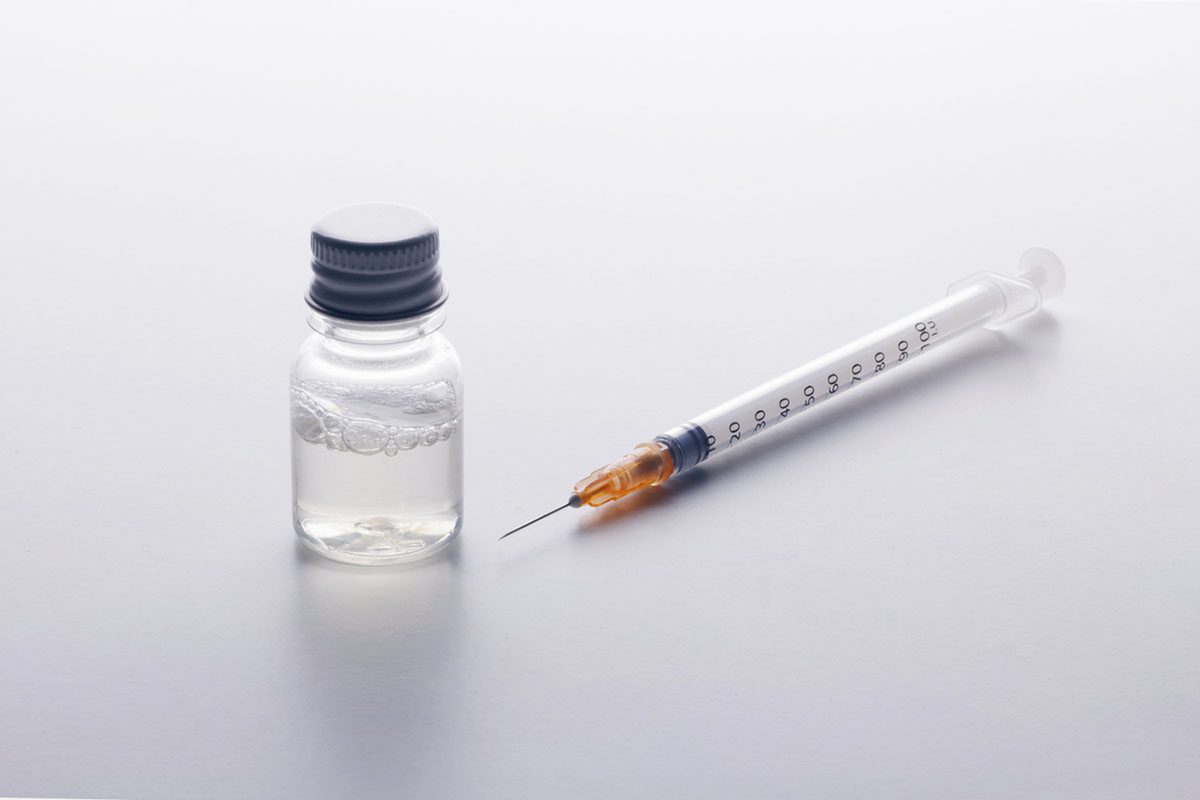See reply by Andrade and article by Andrade
To the Editor: Dr Andrade describes my review of placebo-controlled trials of electroconvulsive therapy (ECT),1 undertaken with Dr Irving Kirsch, Associate Director of Placebo Studies at Harvard Medical School, as “misinformation,” generating a “manufactured controversy.” The findings were apparently “so extreme that to respond to them might give them a legitimacy that they do not deserve.”2 This discourteous diatribe is unfortunate.
Dr Andrade does not critique our methodology. He offers 5 arguments often used to defend ECT. Whenever reminded of the appalling quality of the placebo-controlled studies (all pre-1986),1,3 ECT proponents argue that non-placebo studies, such as comparisons of various electrode placements, are sufficient. A review of these, however, revealed that none “produced robust evidence that ECT is effective for depression, primarily because at least 60% maintained ECT participants on medication and 89% produced no meaningful follow-up data beyond the end of treatment. No studies investigated whether ECT prevents suicide.”4
Second, we are told “it would be unethical”2 to treat seriously disturbed patients with sham ECT. Prohibiting research about whether or not X works, because we can’t withhold X, because we know X works, positions ECT advocates beyond the parameters of evidence-based medicine.
Third, we are reminded that ECT has “survived from its inception in 1938 to this date,” so it must be a good idea. History is littered with “treatments” that survived decades before being deemed ineffective, harmful, or both, including lobotomies.
Fourth, the absence of evidence of long-term benefit is dismissed by recommending “maintenance therapy with medications,” forgetting that ECT is targeted at people that don’t respond to antidepressants.
Fifth, Andrade thrice refers to ECT as being for “suicidal” patients. There is no evidence that ECT prevents suicide.1,5–7 A recent study found that 14,810 ECT patients were 1.3 times more likely to die by suicide within a year than 58,369 non-ECT controls.5
Andrade makes much of the absence of placebo-controlled studies for parachutes. If between 12%8 and 55%9 of jumpers suffered persistent or permanent memory loss and a parachute manufacturer listed “permanent brain damage” and “death” as risks,10 other plane-exiting strategies might be sought.
To help readers assess the sagacity of Andrade’s opinions about ECT, he might clarify whether he still supports “unmodified ECT” in which the electric shock is applied without general anesthetic.11–15
There are reasons that nobody uses unmodified ECT in the US and that only about 1,000 of the 49,000 US psychiatrists use ECT at all.16
Amid an outpouring of venom about our review that made Dr Andrade’s words look positively polite, one of the vast, but usually silent, majority of psychiatrists who never administer ECT recently wrote:
My long-term memory was destroyed. Memories of childhood friends, memories of major events I attended, memories of my training as a psychiatric registrar. I started struggling with simple spelling and calculations.…I never told colleagues about this, as I felt ashamed. But I started talking to other people who had ECT and realized I am not alone. I can understand some of the negative response by colleagues to this article, but I have to admit that I welcome the argument.17
aUniversity of East London, London, United Kingdom
*Corresponding author: John Read, PhD, University of East London, Water Lane, London, E7 0LY United Kingdom ([email protected]).
Published online: August 24, 2021.
Potential conflicts of interest: None.
Funding/support: None.
J Clin Psychiatry 2021;82(5):21lr14047
To cite: Read J. An evidence-based response to Dr Andrade’s commentary on our review of the ECT efficacy research. J Clin Psychiatry. 2021;82(5):21lr14047.
To share: https://doi.org/10.4088/JCP.21lr14047
© Copyright 2021 Physicians Postgraduate Press, Inc.
References (17)

- Read J, Kirsch I, McGrath L. Electroconvulsive therapy for depression: a review of the quality of ECT versus sham ECT trials and meta-analyses. Ethical Hum Psychol Psychiatry. 2020;21(2):64–103. CrossRef
- Andrade C. Active placebo, the parachute meta-analysis, the Nobel Prize, and the efficacy of electroconvulsive therapy. J Clin Psychiatry. 2021;82(2):21f13992. PubMed CrossRef
- Gregory S, Shawcross CR, Gill D. The Nottingham ECT Study: a double-blind comparison of bilateral, unilateral and simulated ECT in depressive illness. Br J Psychiatry. 1985;146(5):520–524. PubMed CrossRef
- Read J, Arnold C. Is electroconvulsive therapy for depression more effective than placebo? a systematic review of studies since 2009. Ethical Hum Psychol Psychiatry. 2017;19(1):5–23. CrossRef
- Peltzman T, Shiner B, Watts BV. Effects of electroconvulsive therapy on short-term suicide mortality in a risk-matched patient population. J ECT. 2020;36(3):187–192. PubMed CrossRef
- Read J, Bentall R. The effectiveness of electroconvulsive therapy: a literature review. Epidemiol Psychiatr Soc. 2010;19(4):333–347. PubMed CrossRef
- Read J, Hancock S, Cunliffe S. ECT: dangerous on both sides of the pond. Psychiatr Times. 2021;38(4):4–7.
- Rose D, Fleischmann P, Wykes T, et al. Patients’ perspectives on electroconvulsive therapy: systematic review. BMJ. 2003;326(7403):1363. PubMed CrossRef
- Sackeim HA, Prudic J, Fuller R, et al. The cognitive effects of electroconvulsive therapy in community settings. Neuropsychopharmacology. 2007;32(1):244–254. PubMed CrossRef
- User Manual Thymatron System IV. Somatics LLC. 2019. http://thymatron.com/downloads/System_IV_Instruction_Manual_Rev21.pdf
- Andrade C. Unmodified ECT: ethical issues. Issues Med Ethics. 2003;11(1):9–10. PubMed
- Andrade C. ECT: a measured defence. Issues Med Ethics. 2003;11(2):44–46. PubMed
- Center for Advocacy in Mental Health. Appeal to health professionals and human rights activists against the use of Electroconvulsive Therapy in India’s Mental Health Institutions. South Asia Citizens Web. April 12, 2003. http://www.sacw.net/2002/wamhicAppeal120403.html
- Mudur G. Indian group seeks ban on use of electroconvulsive therapy without anaesthesia. BMJ. 2002;324(7341):806. PubMed CrossRef
- Andrade C, Shah N, Tharyan P, et al. Position statement and guidelines on unmodified electroconvulsive therapy. Indian J Psychiatry. 2012;54(2):119–133. PubMed CrossRef
- Kellner C. The FDA on ECT: supporting a vital treatment. Psychiatr Times. 2019;36:20–27.
- Vlessides M. Experts call for immediate suspension of ECT, others push back. Medscape. July 24, 2020. Comment by Dr Sandra Bink, August 7. www.medscape.com/viewarticle/919533
Save
Cite
Advertisement
GAM ID: sidebar-top




